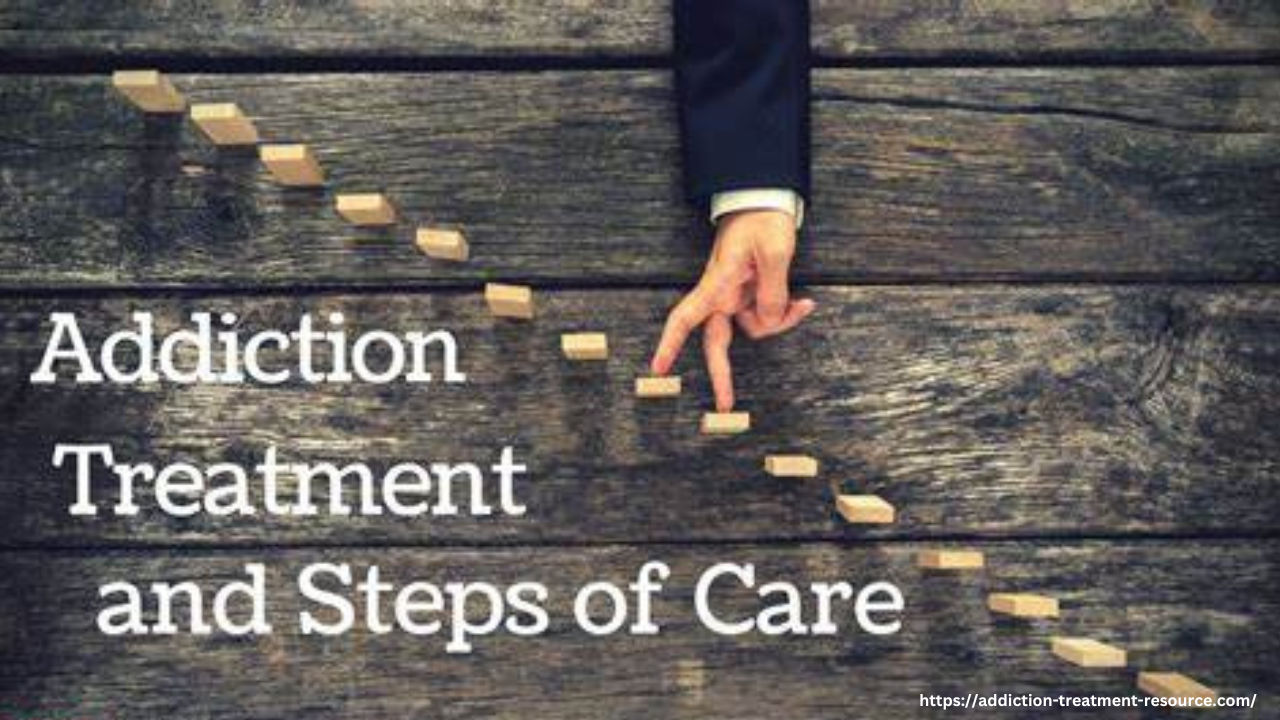 Addiction is a challenging and complex condition that affects millions of people worldwide. The journey to sobriety is not an easy one, but with the right resources and support systems, recovery is achievable. Whether an individual is just beginning their path to recovery or seeking long-term support, understanding available addiction treatment options is crucial. This article explores the top resources for addiction treatment and ongoing support to help individuals stay on the road to sobriety.
Addiction is a challenging and complex condition that affects millions of people worldwide. The journey to sobriety is not an easy one, but with the right resources and support systems, recovery is achievable. Whether an individual is just beginning their path to recovery or seeking long-term support, understanding available addiction treatment options is crucial. This article explores the top resources for addiction treatment and ongoing support to help individuals stay on the road to sobriety.
1. Detox Programs
Detoxification is often the first step in addiction recovery. It involves safely eliminating substances from the body under medical supervision. Detox programs can be found in hospitals, inpatient treatment centers, and specialized detox facilities. Medical professionals help manage withdrawal symptoms and ensure the individual’s safety during the process. Some detox programs provide medication-assisted treatment (MAT) to ease withdrawal effects and reduce cravings.
2. Inpatient Rehabilitation Centers
Inpatient rehab centers provide intensive, structured treatment in a controlled environment. These programs typically last from 30 to 90 days and include therapy, counseling, and medical supervision. Inpatient treatment is ideal for individuals with severe addiction or those who need a supportive setting away from triggers and temptations.
3. Outpatient Treatment Programs
For individuals who cannot commit to inpatient treatment due to work or family responsibilities, outpatient programs offer a flexible alternative. Outpatient treatment includes:
- Partial Hospitalization Programs (PHPs): A high level of care during the day while allowing individuals to return home at night.
- Intensive Outpatient Programs (IOPs): Several sessions per week focusing on therapy, education, and relapse prevention.
- Standard Outpatient Therapy: Weekly counseling and support meetings tailored to individual needs.
4. Support Groups and Peer Networks
Support groups provide essential community and accountability for individuals in recovery. Some well-known support groups include:
- Alcoholics Anonymous (AA) and Narcotics Anonymous (NA): 12-step programs that emphasize peer support, accountability, and personal growth.
- SMART Recovery: A science-based alternative to 12-step programs, focusing on cognitive-behavioral techniques.
- Celebrate Recovery: A faith-based support group that incorporates biblical principles into addiction recovery.
5. Therapy and Counseling
Professional therapy plays a vital role in addiction recovery. Therapy options include:
- Cognitive-Behavioral Therapy (CBT): Helps individuals identify and change negative thought patterns contributing to addiction.
- Motivational Interviewing (MI): Encourages individuals to find their internal motivation to stay sober.
- Family Therapy: Addresses family dynamics and relationships affected by addiction.
6. Sober Living Homes
Sober living homes provide a transitional environment for individuals moving from rehab to independent living. These homes promote sobriety through structure, peer accountability, and support networks, helping residents maintain long-term recovery.
7. Online and Telehealth Support
With advancements in technology, online therapy, virtual meetings, and telehealth services make addiction treatment more accessible. Many organizations offer virtual counseling, online recovery meetings, and mobile apps to provide ongoing support.
Conclusion
The road to sobriety is a lifelong journey, but with the right resources, support, and commitment, lasting recovery is possible. From medical detox and therapy to support groups and sober living communities, individuals have numerous options to help them overcome addiction and build a healthier, sober life.








